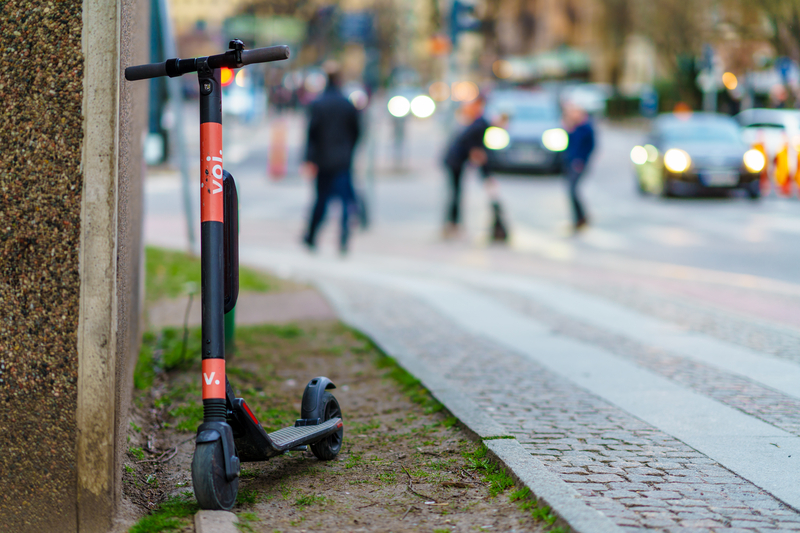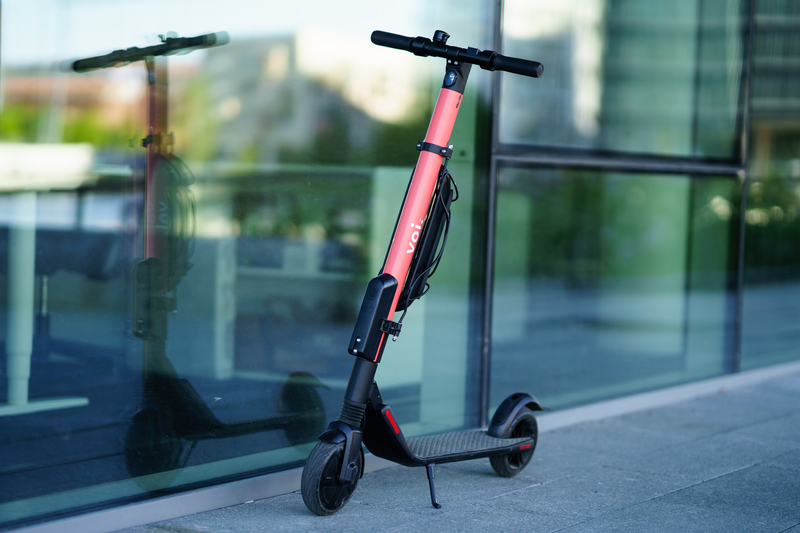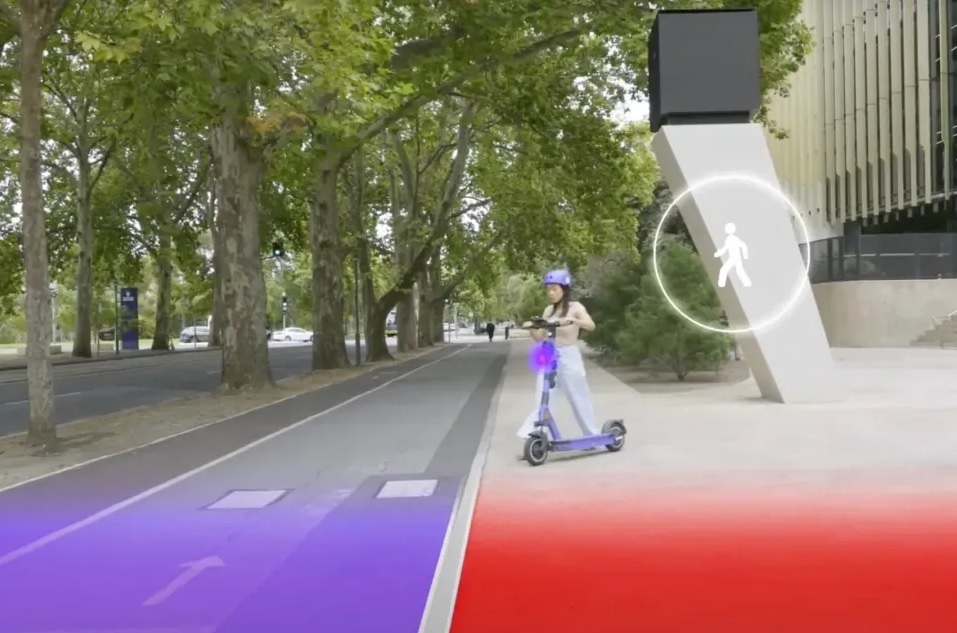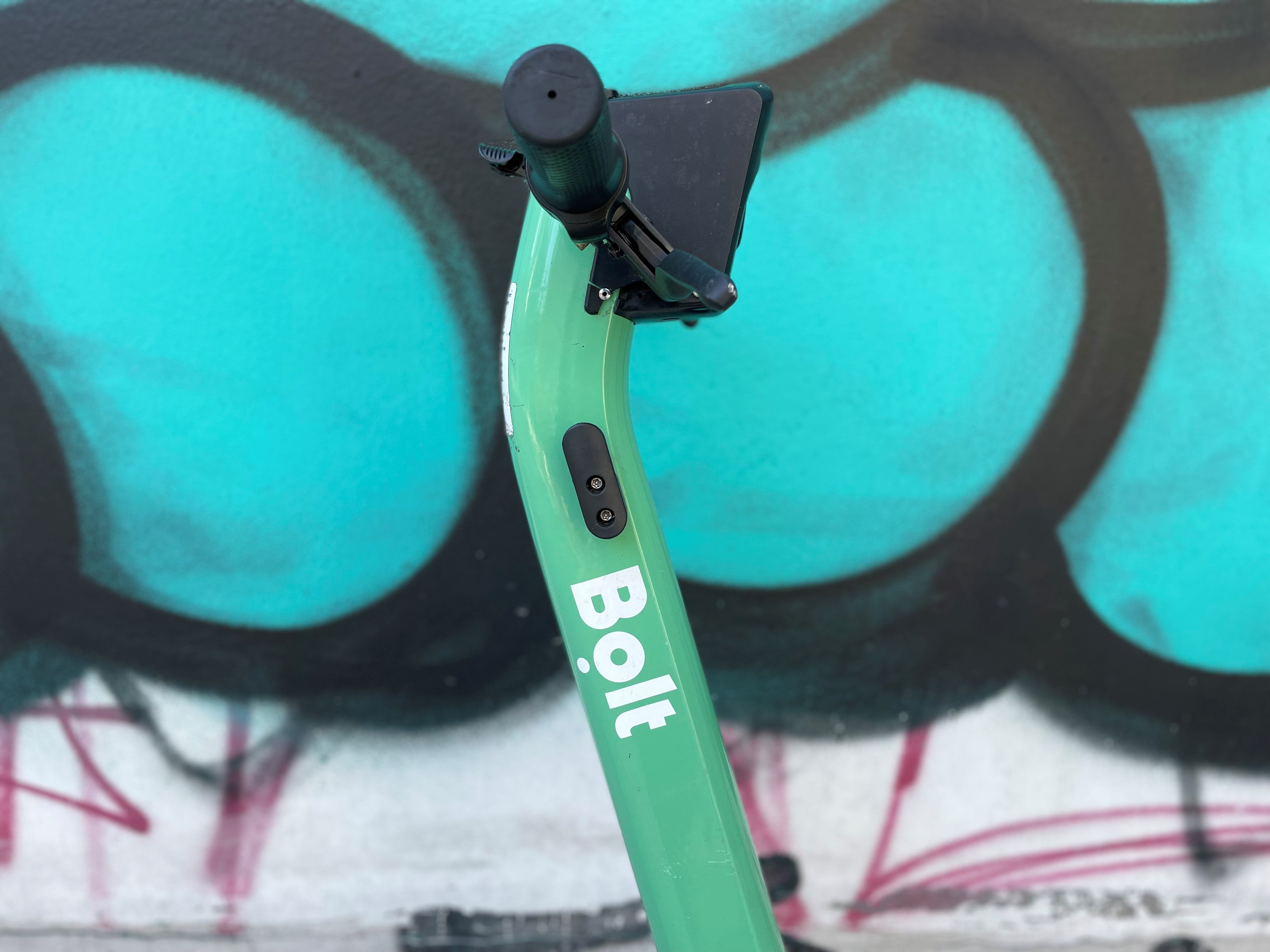
A 12-week research project in Finnish capital Helsinki has suggested that e-scooter users tend to ride on pavements because they are unsure about micromobility infrastructure in certain parts of the city.
The collaboration between the City of Helsinki, Forum Virium Helsinki, Drover AI, VTT, Vianova and Voi monitored the use of electric scooters, with e-scooter company Voi using Drover AI's PathPilot application.
"The monitoring study confirmed the assumption that electric scooter riders primarily want to use bicycle paths and lanes. For example, in the Esplanadi area, where investments have been made in bicycle lanes, there was the least riding on sidewalks," says Hannu Oskala, Voi's Director of Public Affairs.
"Riding on sidewalks is particularly common in areas where the continuity of bicycle lanes is unclear. In many environments built with a focus on car traffic, such as Hietalahti and Jätkäsaari, e-scooter riders may find themselves among pedestrians as they avoid car traffic."
The study found that riding on sidewalks happened mostly around the railway station, Töölö and Hietalahti, where there are shared lanes for cyclists and pedestrians, or where it is difficult to work out exactly where cycle lanes go - or simply where a parked car blocked access to the bicycle lane.
A PathPilot audio alert was tested to notify users if they were riding on the sidewalk.
"The pilot confirmed that the use of an audio alert can reduce sidewalk riding by approximately 15%. Real-time AI for traffic monitoring is a rapidly evolving and increasingly common tool for cities as well," says Scott Shepard, Drover AI’s head of policy & government affairs.
“Drover AI's solution is a valuable tool for cities, as in addition to riding behaviour, the pilot provided AI-based visual and locational information on the need for road maintenance and parking enforcement, and granular infrastructure insights from Path Pilot can help regulators better manage pedestrian and cycle paths”.












